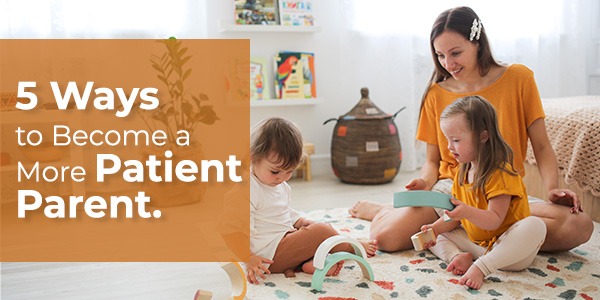
“Patience is the best remedy for all trouble”
Plautus
Breathe in…….Breathe out…..Once again, Breathe in……Breathe out…..Wondering why this exercise? A short relaxation is essential if you have worked all day and had enough stressful moments with your children at home before you read on.
By now, you know that children love to do what they want. And when you are not ready to meet their demands, things flare-up. Rather than yelling at children, how about soft talks where both parties have a win-win situation? Parents are conscious more than ever about how they talk to their children. With some more effort, you can have total control over your emotions and enjoy parenthood. Here are some ways to become a more patient parent.
- Firm and Calm Tone
Children usually take you for granted when you vaguely give instructions. Remember to use a firm voice calmly, so children are not scared of you but obey you as well. This way, you avoid repeated instructions, and children are clear of what they should do.
2. Treat Children as They Are
Often situations go overboard when you forget that they are children. What seems right to them may appear wrong to you. Step into their shoes for a moment, and that’s it. You would have melted a hard rock with a tactic as simple as this.
3. Be a Good Role Model
Don’t you think being a good role model is mutually beneficial? Take some time to think about what your behaviour to your child tells about you. Children learn from their surroundings, and they will replicate what you are. When you consciously bring the change, you will see behavioural changes in your child too.
4. Take Out Time For Yourself
What can’t be achieved when you are frustrated can be when relaxed. Develop a routine or grab even a tool that can strategize things for you. If your daily work schedule and parenting load are going haywire, it’s high time you take the much-needed break. Make it a practice to find time for yourself and create a soothing environment.
5. Eye Contact
When you talk to your child, insist on eye contact. With this, you are making a connection. At this point, your child is in a better position to receive and understand your emotions. It also reduces the effort required to convey an important message.